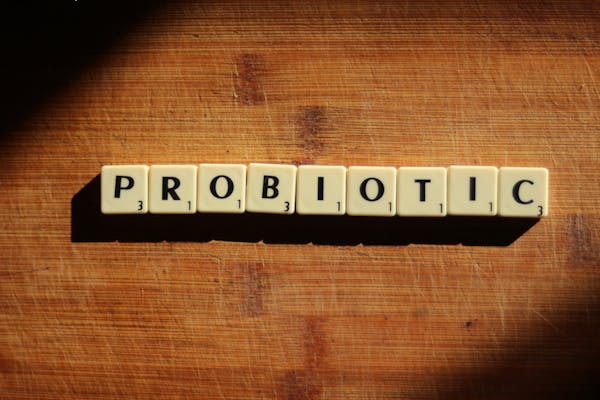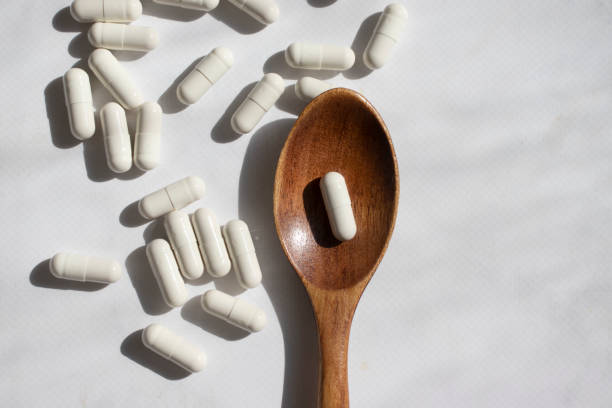
Gut Health with Probiotics is achievable In the realm of wellness, the gut has emerged as a focal point of interest. Often referred to as the body’s “second brain,” the gut plays a crucial role not only in digestion but also in overall health and well-being. Within this ecosystem lies a diverse community of microorganisms, these are known as the gut microbiota. Maintaining a balanced and thriving gut microbiome is essential for wellness of health, and probiotics play a important role in in achieving this balance.
Understanding to Probiotics: Probiotics are live microorganisms that, when taken in adequate quantity it provides more health benefits to you. These beneficial bacteria and yeasts can be found in various foods, supplements. While the term “bacteria” might sound alarming, it’s important to note that not all bacteria are harmful; in fact, many bacteria beneficial to our health.
Table of Contents
Gut Health With Probiotics : Roles of Probiotics in Gut Health
- Restoring Balance of gut health with probiotics: The gut microbiome is a delicated ecosystem, easily disrupted by factors like poor diet, stress, antibiotics, and environmental hazardous. Probiotics help restore microbial balance by replenishing beneficial bacteria, crowding out harmful pathogens, and supporting a diverse microbiota.
- Improving Digestion: Certain probiotic strains produce enzymes that aid in the digestion of food, particularly complex carbohydrates and fiber. By improving digestive function, probiotics can help symptoms of digestive disorders like irritable bowel movement syndrome (IBS) and inflammatory bowel disease (IBD).
- Boost Immunity: A significant portion of the body’s immune system present in the gut. Probiotics play a crucial role in regulating immune function, helping to protects against harmful pathogens and reduce the risk of infections in Gut.
- Boosting Mental Health: Researchers suggests a strong connection between gut health and mental well-being, often express to as the gut-brain axis. Probiotics may help alleviate symptoms of anxiety, depression, and stress by modulating neurotransmitter production and reducing inflammation in the gut area.
- Overal Health: Beyond digestion and immune system, probiotics have been linked to various other health benefits, including improving skin health, reducing risk of allergies, and enhanced nutrients absorption.
Probiotics into Your Routine: There are several ways to add probiotics into your daily routine:
- Diet: Add probiotic-rich foods into your diet, such as yogurt, kefir, sauerkraut, kimchi, miso, and kombucha.
- Supplements: Consider taking a high-quality probiotic supplements, especially if you have specific health concerns or dietary restrictions that limit your intake of probiotic-rich foods.
- Lifestyle: Adopting lifestyle habits that promote gut health, such as reducing stress, getting regular exercise, and avoiding excessive alcohol and processed foods, can also support the effectiveness of probiotics.
We can get probiotics from various forms like supplements or from our diet. So here are some list of Probiotics which are available in Market.
- Probiotic Supplements: Probiotic supplements come in various forms, including capsules, tablets, powders, and chewables. These Probiotics contain a concentrated dose of specific probiotic strains, often with high CFU counts. These supplements are convenient for individuals who may not consume enough probiotic-rich foods in their diet or who require targeted support for digestive or immune health.
- Yogurt : Yogurt is one of the most well-known probiotic-rich foods. It contains live cultures of beneficial bacteria, such as Lactobacillus bulgaricus and Streptococcus thermophilus, which are added during the fermentation process. Look for yogurt labeled as containing “live and active cultures” to ensure it provides probiotic benefits.
- Kefir : Kefir is a fermented milk drink made by inoculating milk with kefir grains, which are a combination of bacteria and yeast cultures. It typically contains a broader range of probiotic strains compared to yogurt and has a slightly tangy flavor. Kefir can also be made from non-dairy alternatives like coconut milk or water.
- Sauerkraut: Sauerkraut is a fermented cabbage dish that originated in Eastern Europe. It is made by fermenting shredded cabbage with salt and sometimes other vegetables like carrots or onions. During the fermentation process, lactic acid bacteria, such as Lactobacillus, proliferate, giving sauerkraut its characteristic sour flavor and probiotic benefits.
- Kimchi: Kimchi is a traditional Korean side dish made from fermented vegetables, most commonly Napa cabbage and Korean radishes, seasoned with chili peppers, garlic, ginger, and other spices. Like sauerkraut, kimchi undergoes lactic acid fermentation, resulting in a tangy and spicy flavor profile packed with probiotics.
- Kombucha: Kombucha is a fermented tea beverage made by fermenting sweetened tea with a symbiotic culture of bacteria and yeast (SCOBY). The fermentation process produces a lightly effervescent drink with a slightly sour taste. While kombucha primarily contains acetic acid bacteria, it may also harbor other probiotic strains depending on the fermentation conditions.
- Miso: Miso is a traditional Japanese seasoning made by fermenting soybeans with salt and koji (a type of fungus). It is commonly used to flavor soups, sauces, and marinades and provides a rich umami taste. Miso contains various probiotic strains, including species of the genus Lactobacillus and Bifidobacterium.
These are just a few examples of probiotic products available to consumers. Incorporating a variety of probiotic-rich foods and supplements into your diet can help support a diverse and thriving gut microbiome, contributing to overall health and well-being.

